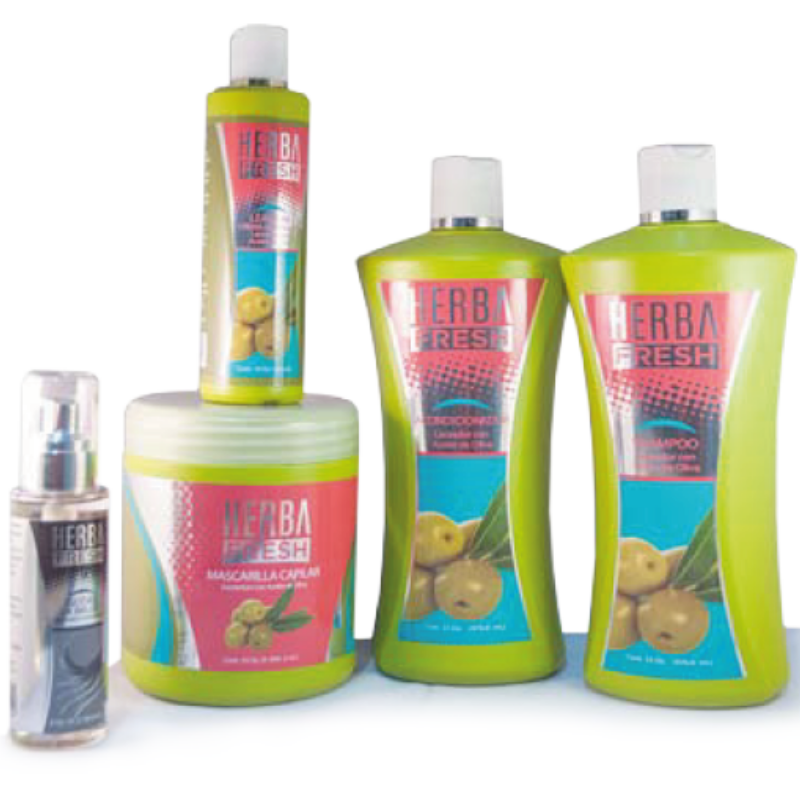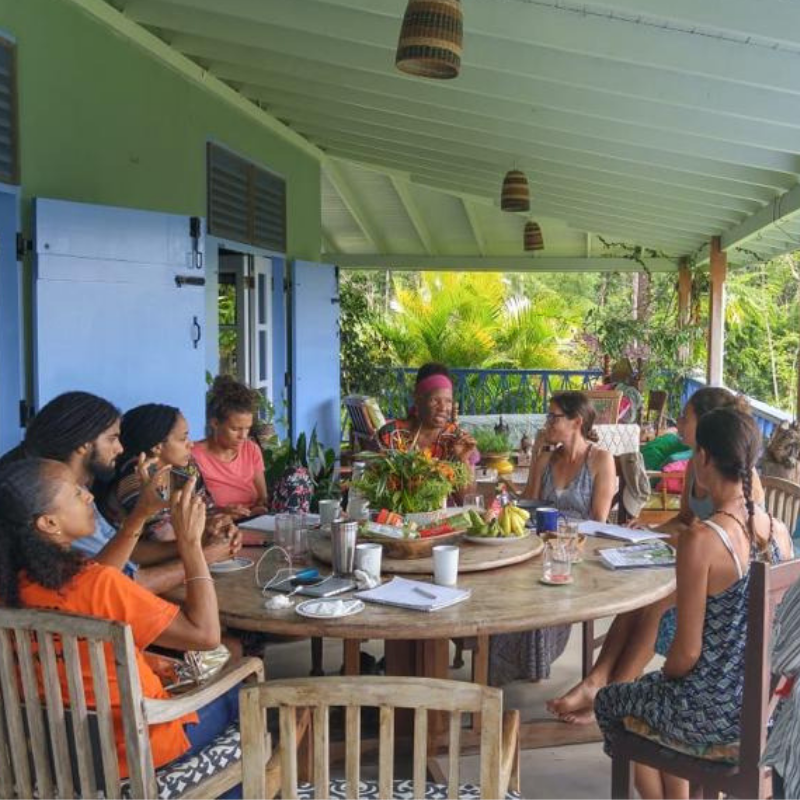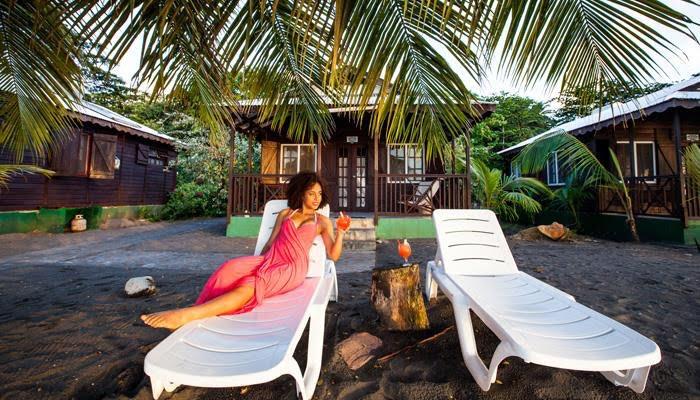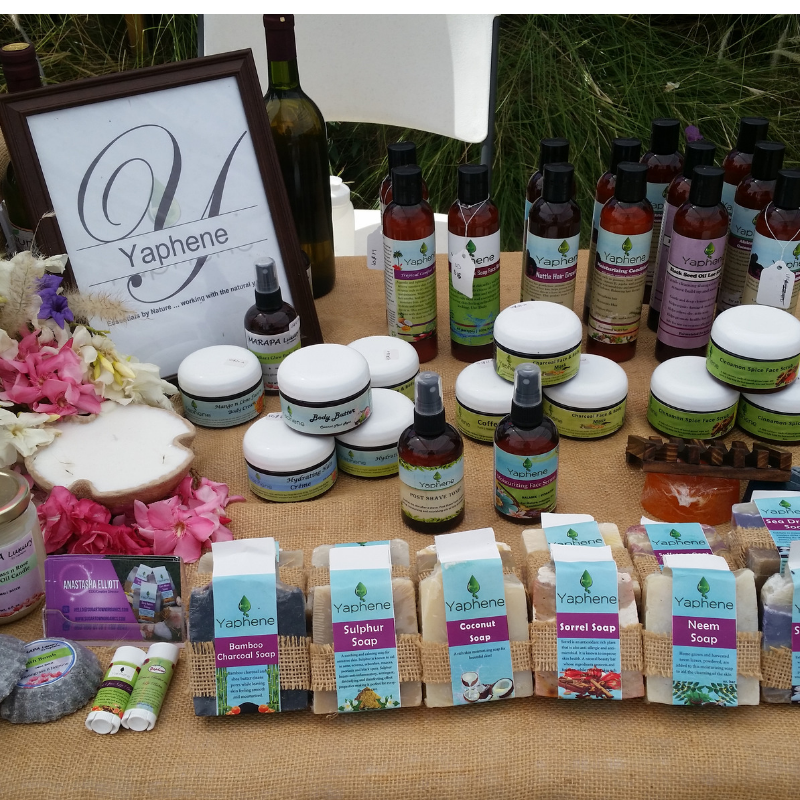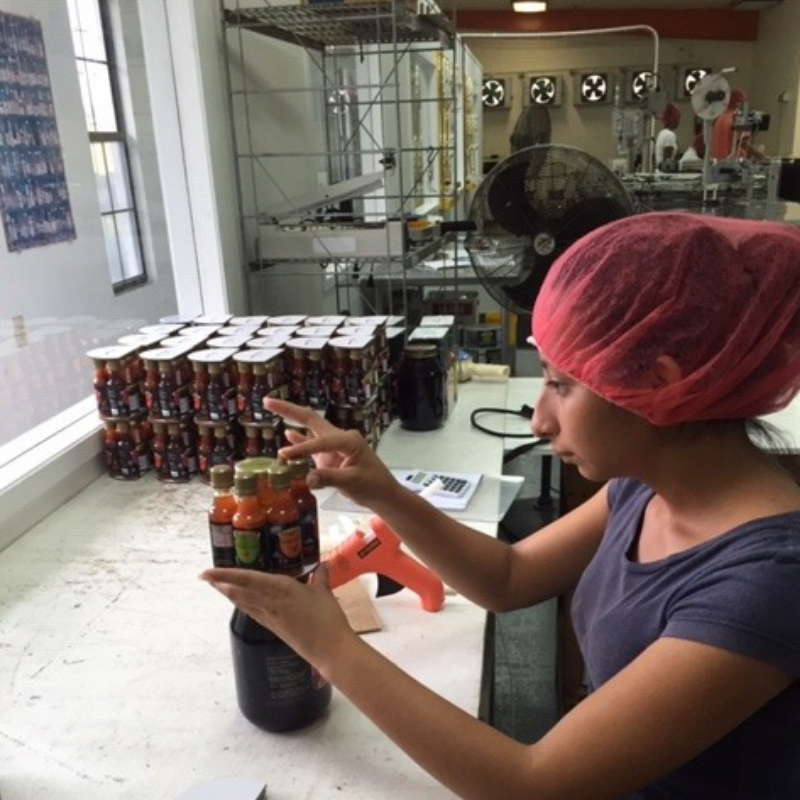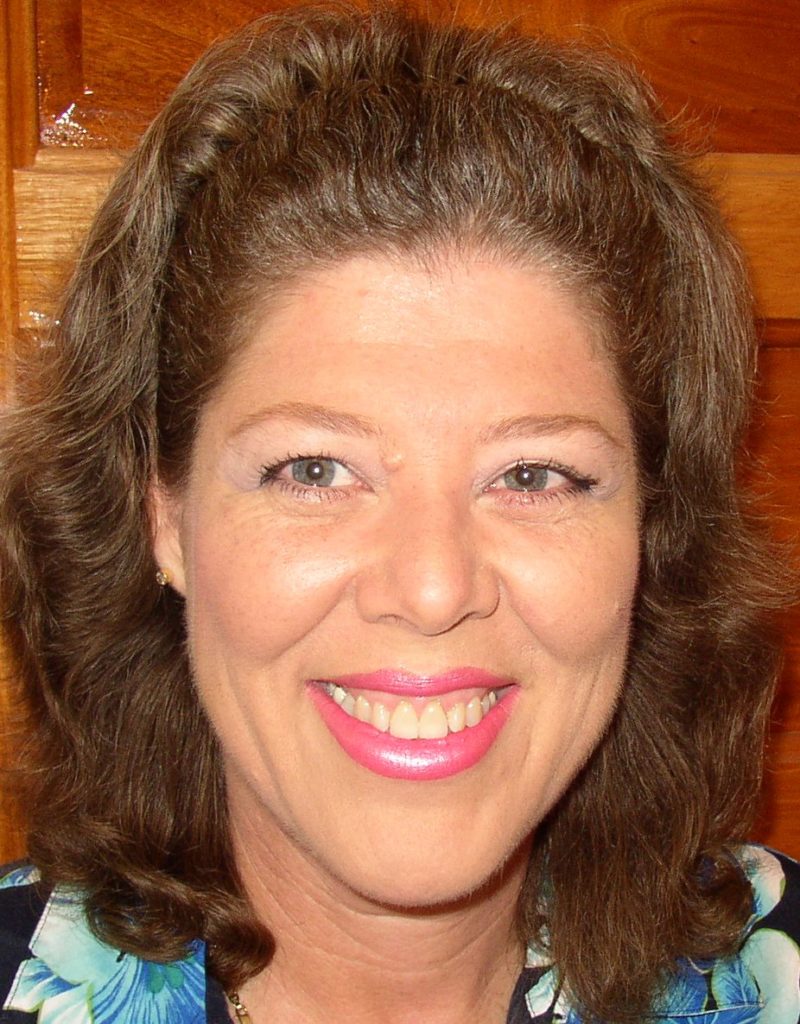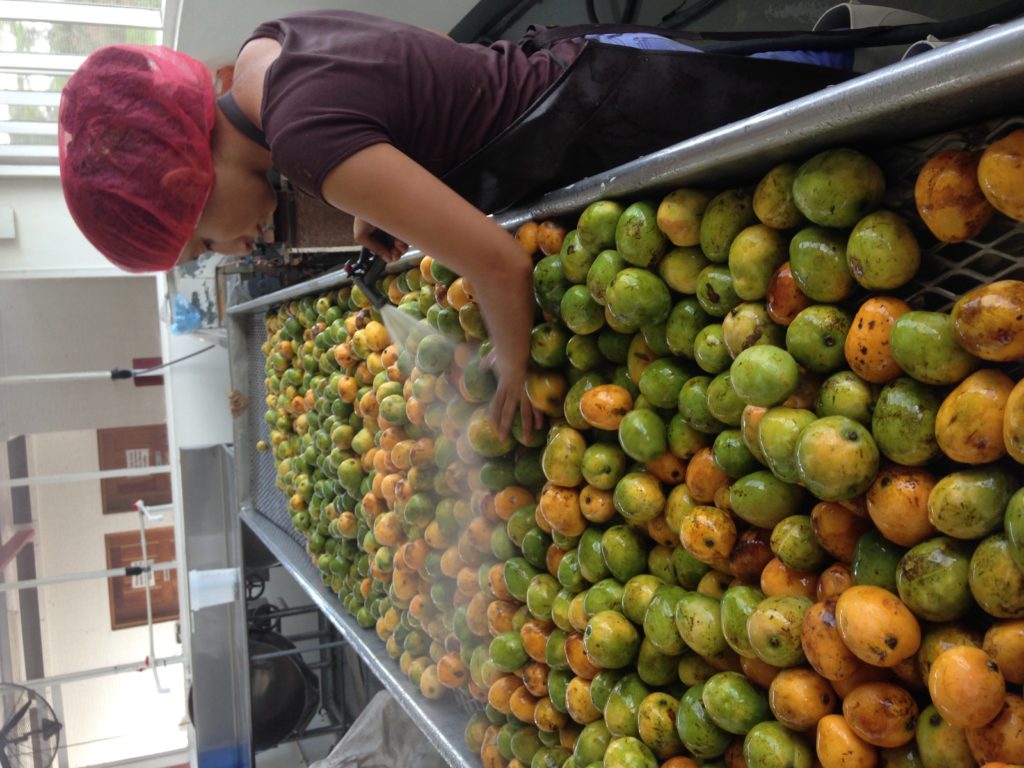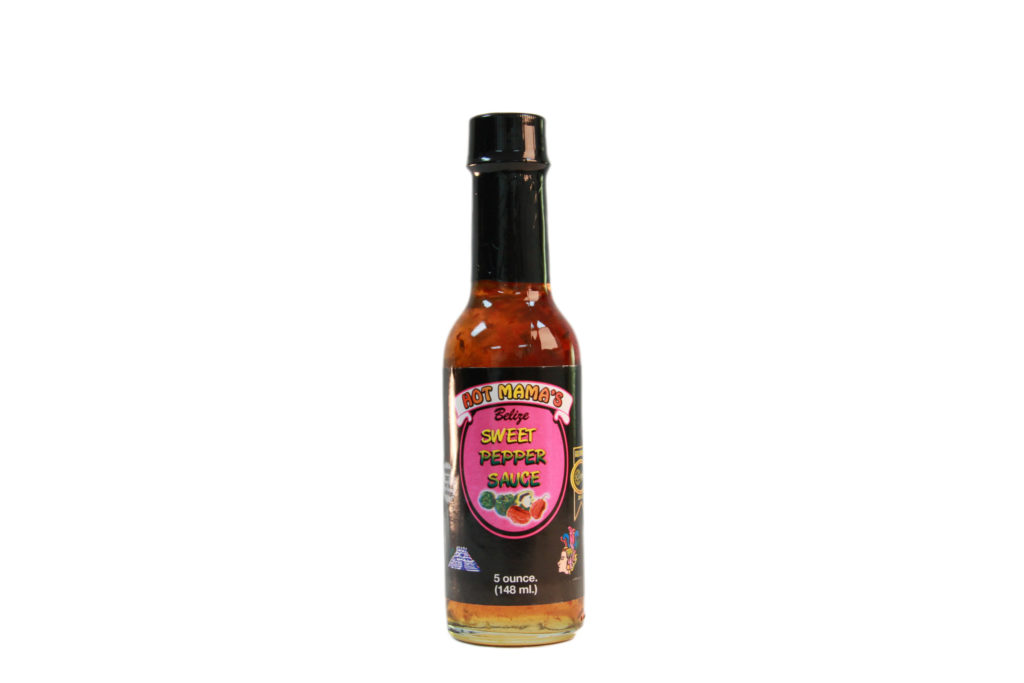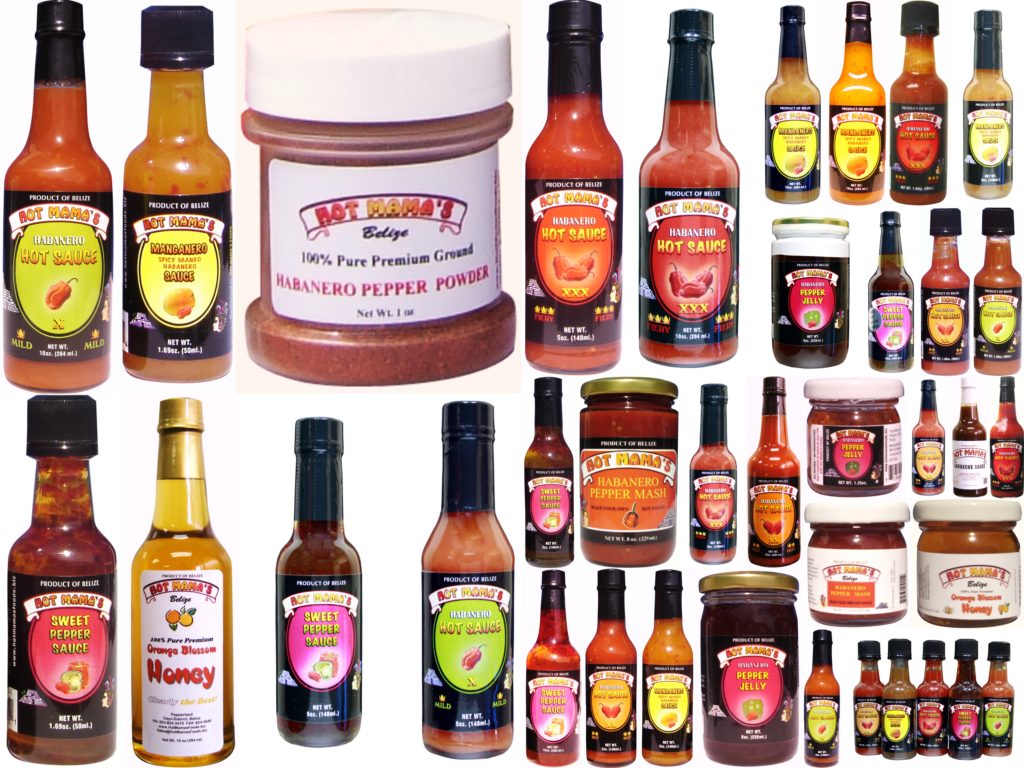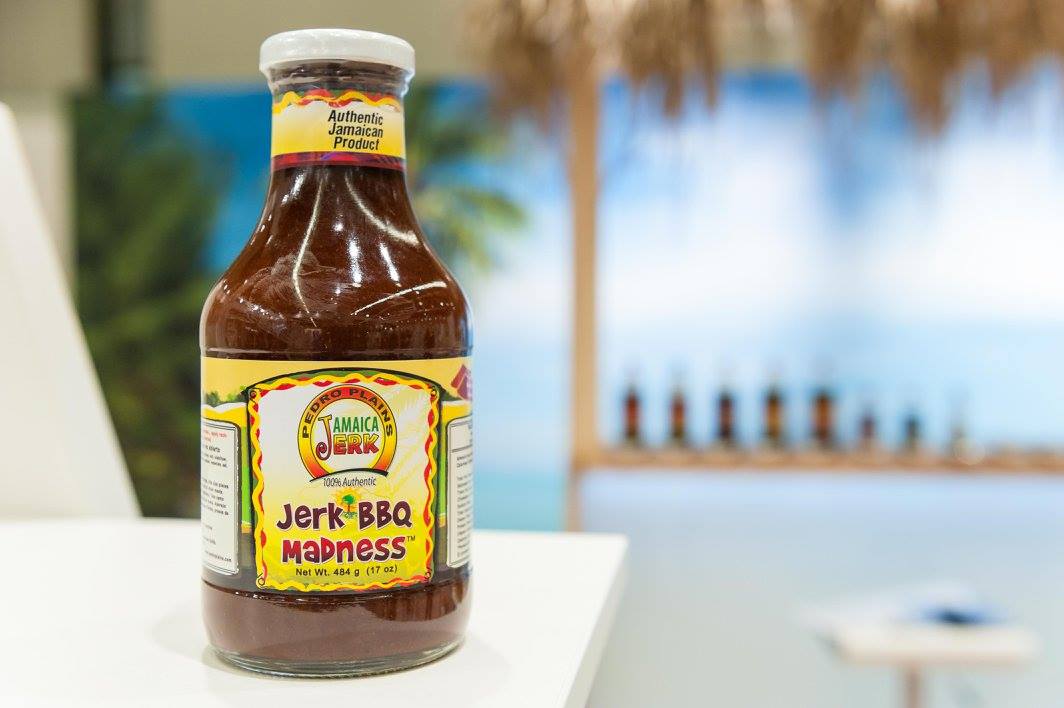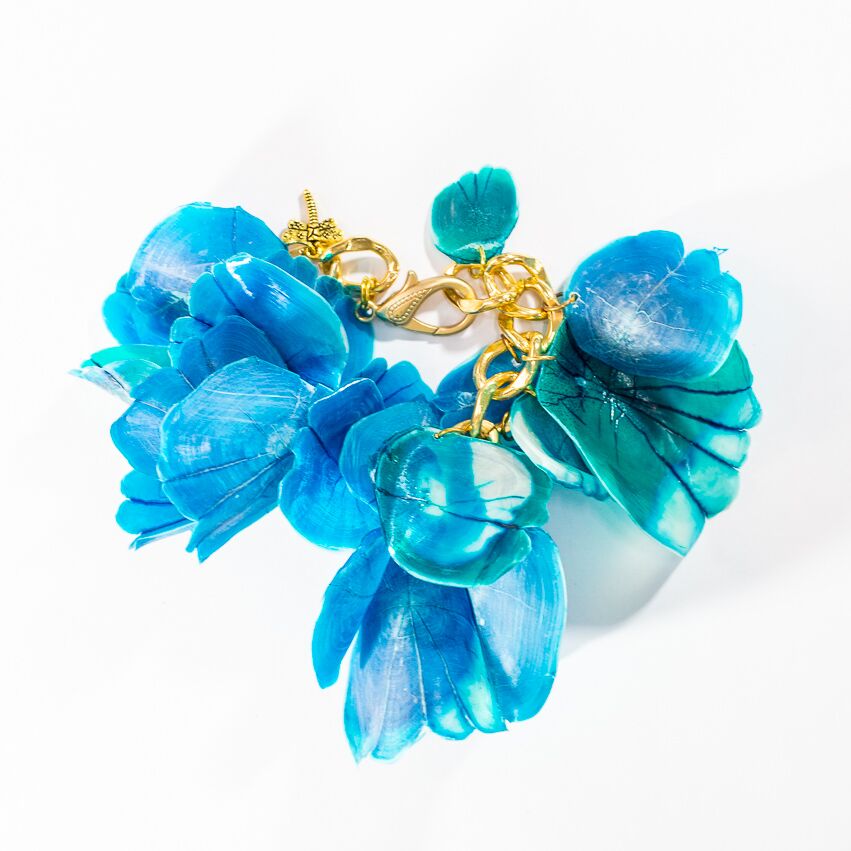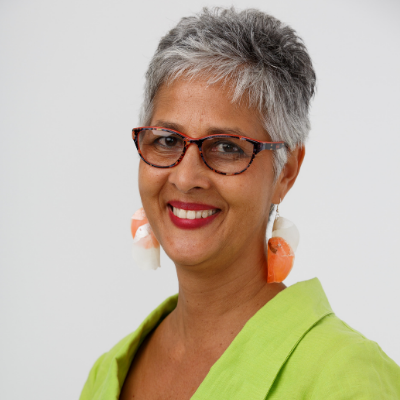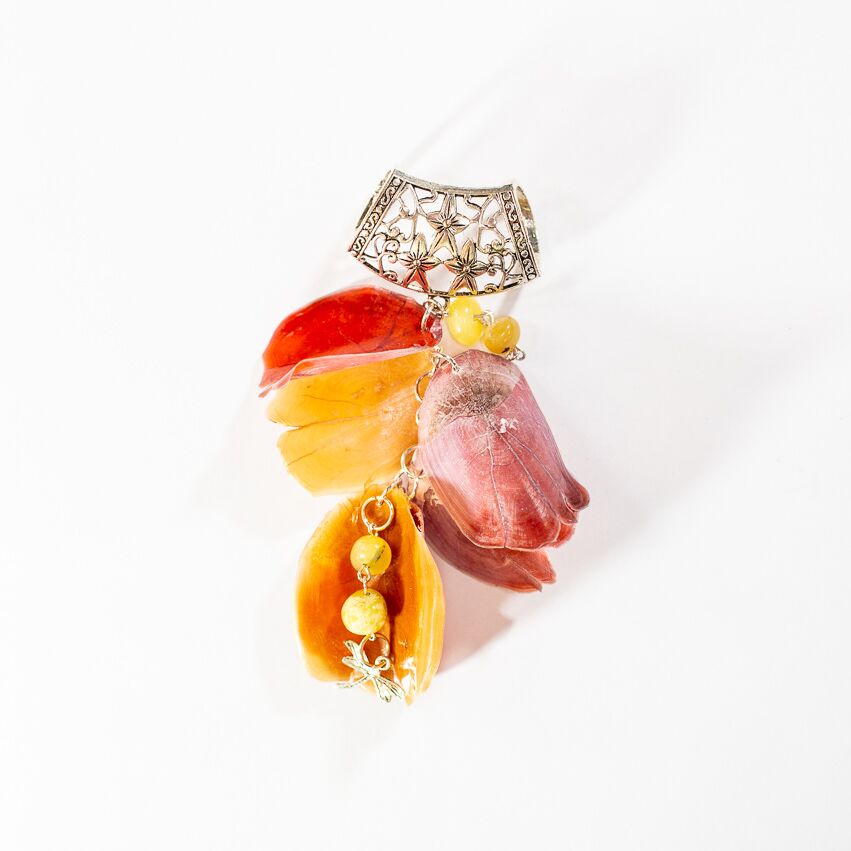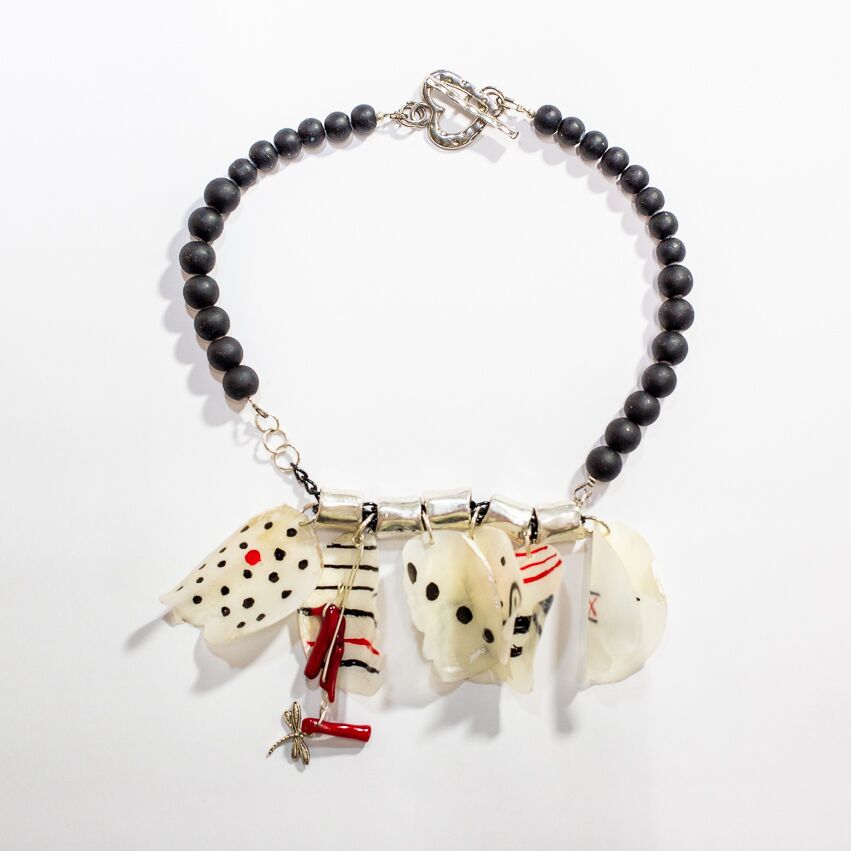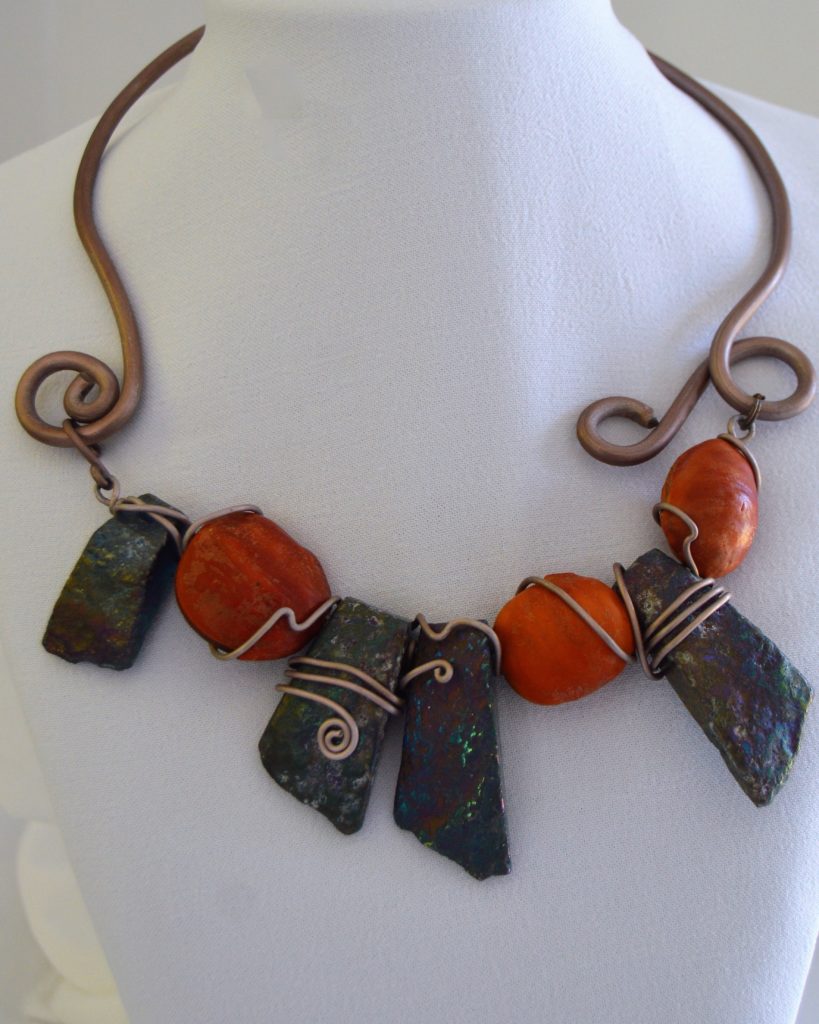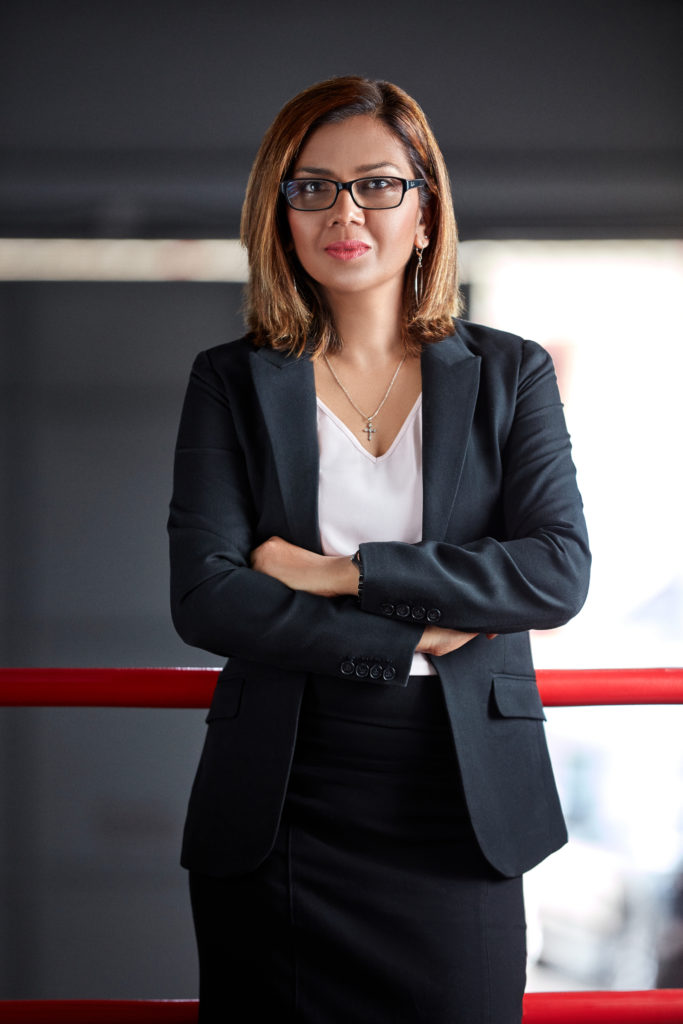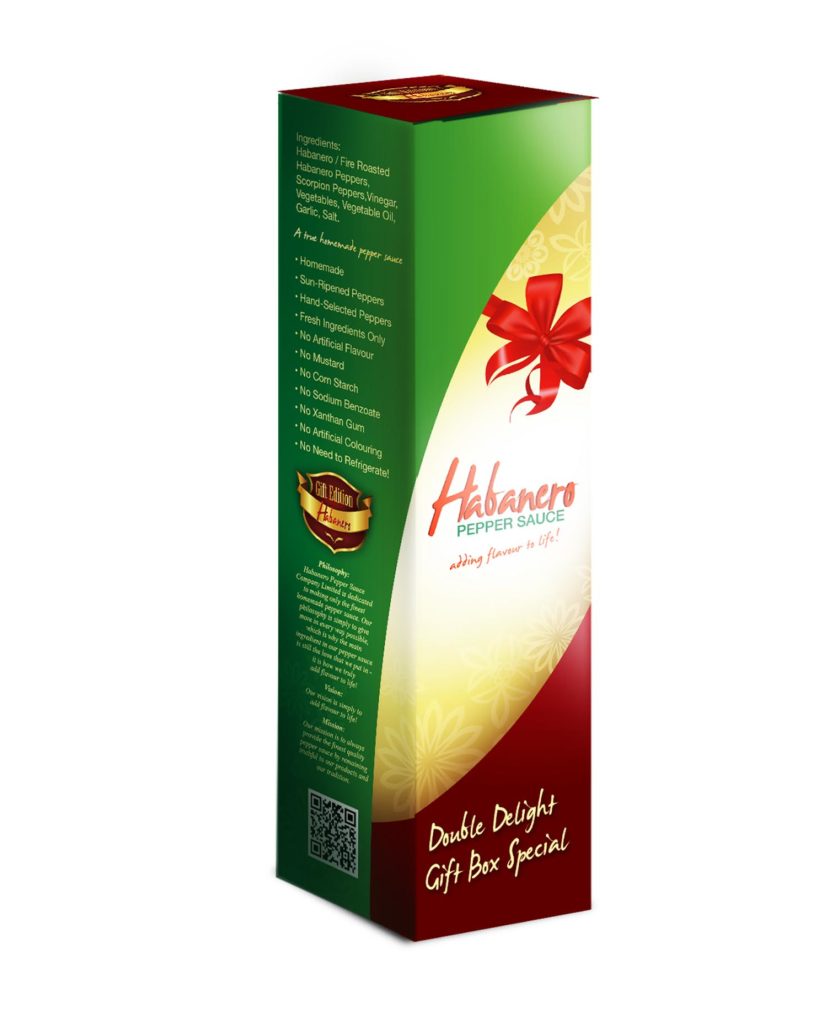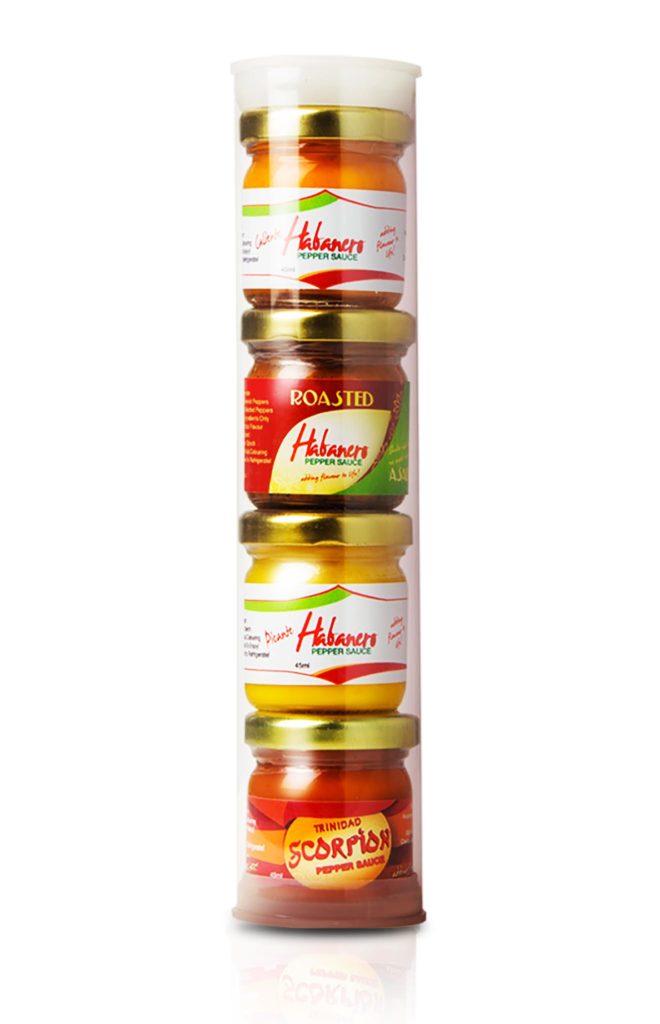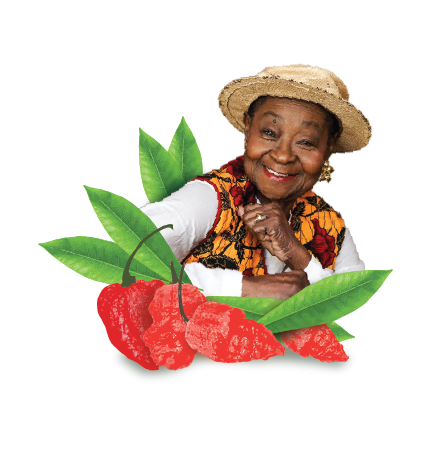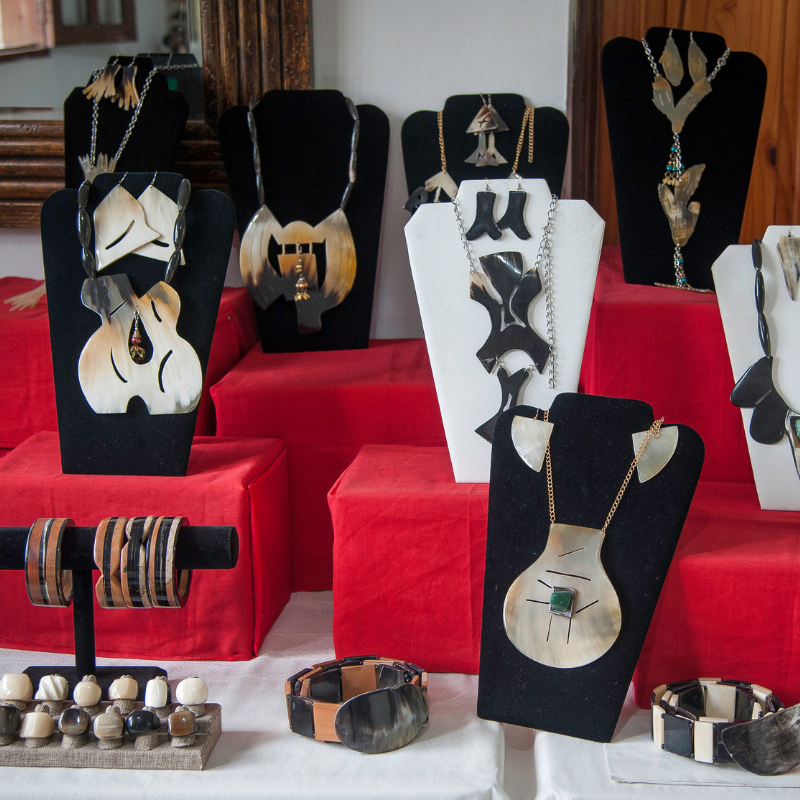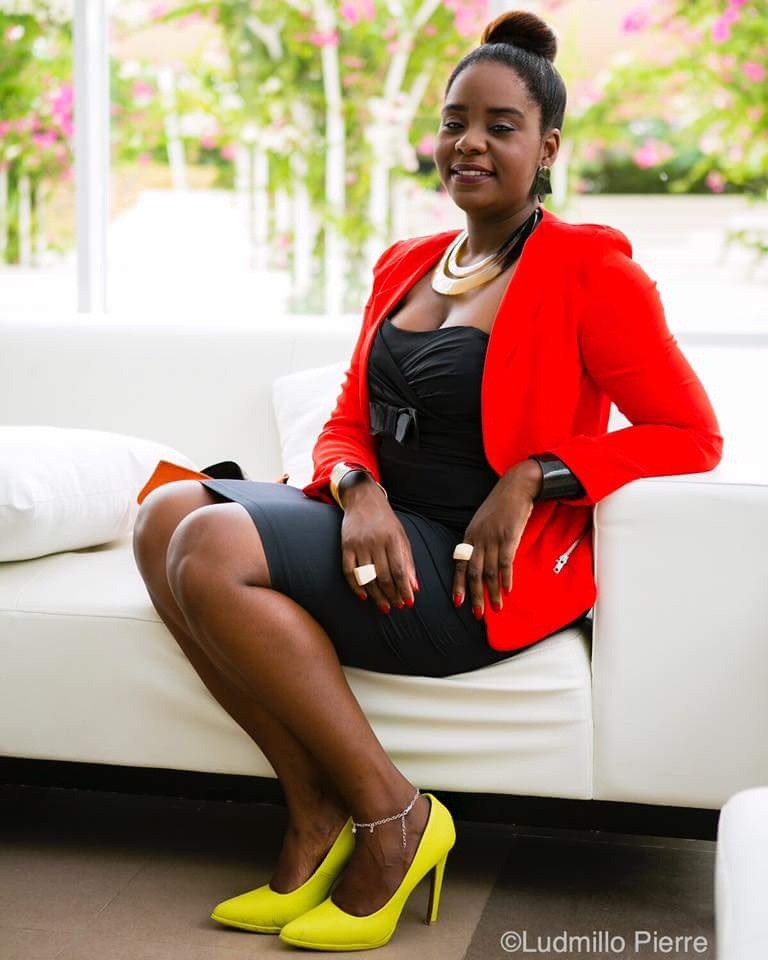A chemist by profession, Julia Jimenez started her career in pharmaceuticals, but she had a deep interest in the beauty industry. So, with the help of a friend, Altagracia Figuereo, they founded Kapril Industrial in 2002, a company manufacturing hair care products.

Julia Jimenez
“At that time there was a need in our country to provide quality products at affordable prices. Most of the products for professional use were imported, and expensive,†Jimenez said. “So we created a product of competitive quality, and at a better price than the imported ones.â€
Under the Kapril brand, the duo created a line of professional hair care products that are inspired by nature, and backed by science to provide optimal hair care.
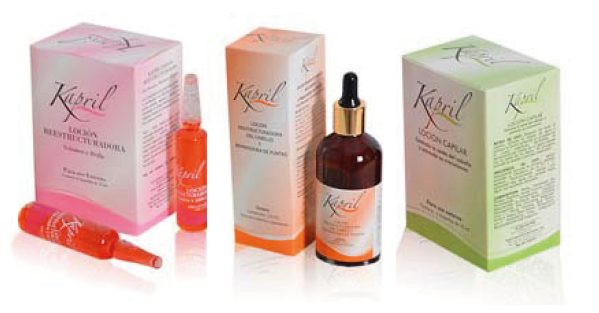
The line quickly won favour with customers, whose support provided the impetus for growth. Kapril Industrial has since expanded from five products under the Kapril brand to over 90 products under four separate brands – Kapril, Lisanel, Herbafreh and Afro-kerly.
Kapril continues to cater primarily to salons and hair care professionals. Lisanel products are treatment focused and have a base of argan, keratin and coconut. The Herbafresh line is formulated with herbs and extracts believed to contribute to hair growth. And the newest addition is Afro-kerly, a line formulated for those with naturally textured, afro hair.
The products are hugely popular in the Dominica Republic, and Kapril Industrial is continuing to expand its product lines to meet demand.
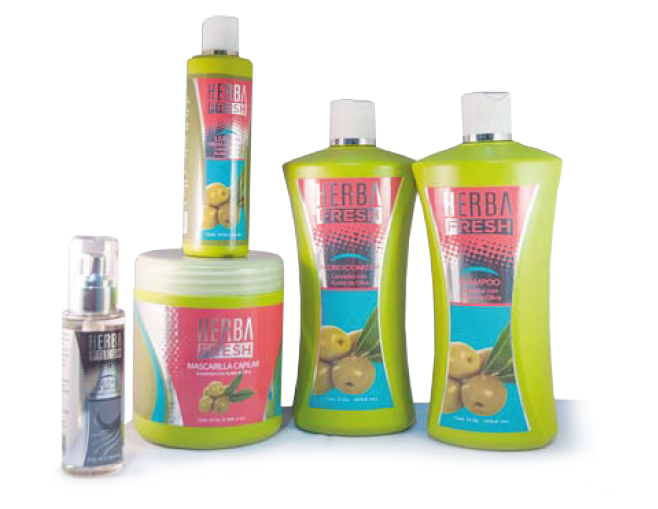
“In the medium and long term, we want to capture the hotel market, increase our sales in the retail sales establishments in the Dominican Republic, and expand our market internationally,†Jimenez said.
Kapril, which currently exports to Cuba, Curacao, Haiti and Puerto Rico, plans to increase its presence in the Caribbean, and is working to enter markets in Europe and North America.
“We will achieve this with support from Caribbean Export,†Jimenez said.
Caribbean Export, the only regional trade and investment promotion agency in the African, Caribbean and Pacific group in 2018 founded the Women Empowered Through Export (WE-Xport) programme, designed to support women in business to start exporting or to increase the exports of their products and services.
In addition to WE-Xport, Jimenez credits her husband, business partner Figuereo, and her own stick-to-itiveness with Kapril’s success.
“You must be enthusiastic about, and maintain a level of dynamism if you’re going to succeed as an entrepreneur, Jimenez said. “If you are in pursuit of your dreams, you can’t afford to deterred by obstacles, and you must be determined to never let surrender be an option.â€
Visit the WE-Xport booth at BMEX in Barbados from June 7-10, 2019 to view the Kapril brands.
Find out more about Kapril Industrial by visiting their website: https://www.kaprilindustrial.com/ and on Facebook @kaprilindustrialrd and Instagram @kaprilindustrial.
